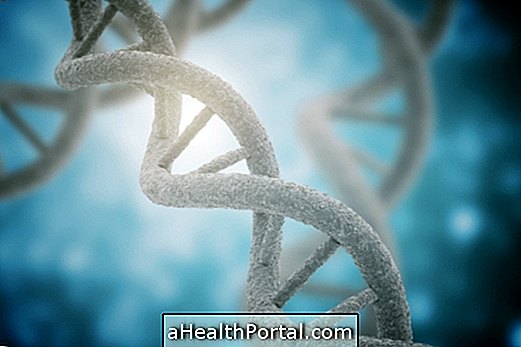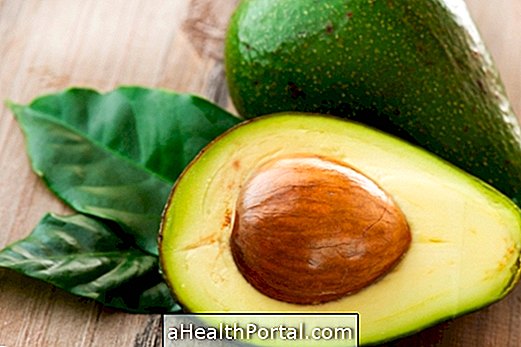Too much protein is bad, especially for the kidneys. In case of people with kidney problems, or family history of kidney disease, it is important to stay alert, because the protein that is not used by the body is eliminated by the kidneys overloading their functions.
For a healthy adult, protein recommendations are 0.8 g of protein per pound of body weight, which corresponds to 56 g of protein in a 70 kg individual. A 100 g grilled beef steak has 26.4 g of protein, so with 2 steaks almost meets the recommendations. In addition, other foods rich in protein, such as milk and dairy products, are usually consumed throughout the day.
Therefore, people who eat meat, cheese and milk or yogurt daily do not need to take protein supplements with the intention of increasing muscle mass. Sometimes you just consume protein-rich food at the right time, which is right after physical activity. See examples of high protein foods.
Symptoms of excess protein
Symptoms of excess protein in the body can be:
- Development of atherosclerosis and heart disease;
- Osteoporosis, because excess protein can cause increased calcium excretion;
- Kidney stone;
- Weight gain;
- Problems in the liver.
Most people who develop these symptoms of excess protein usually have a genetic predisposition, have a health problem or have used supplements improperly.
When to Use Protein Supplements
Supplements such as Whey Protein may be indicated for people who exercise and who want to increase muscle and have more muscle definition, such as bodybuilders, because proteins are the 'bricks' that make up the muscles.
For those who exercise, the amount of protein they eat can range from 1 to 2.4 g of protein per kg of body weight per day, depending on the intensity and purpose of the workouts, so it is important to consult a nutritionist to calculate the need.
If you want to improve your body contour, see how to use the proteins in your favor:


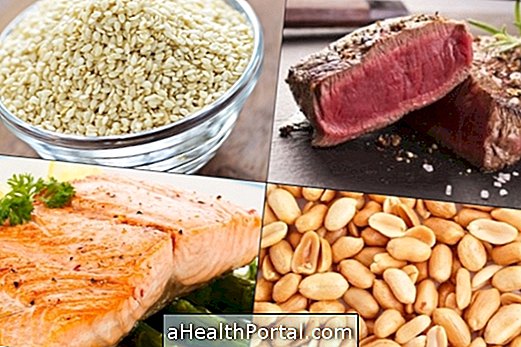

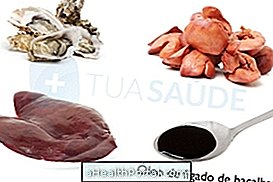
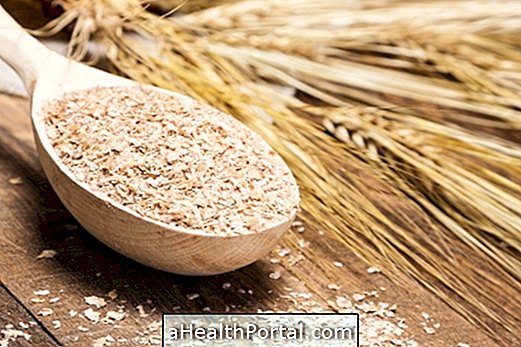
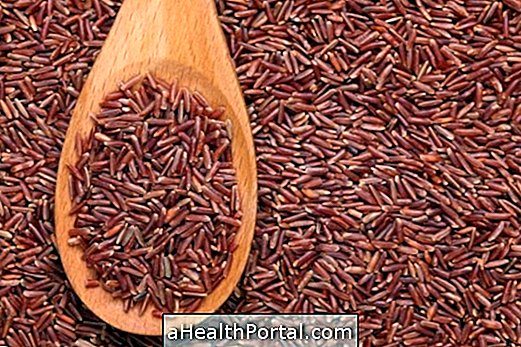



-o-que--sintomas-transmisso-e-tratamento.jpg)
